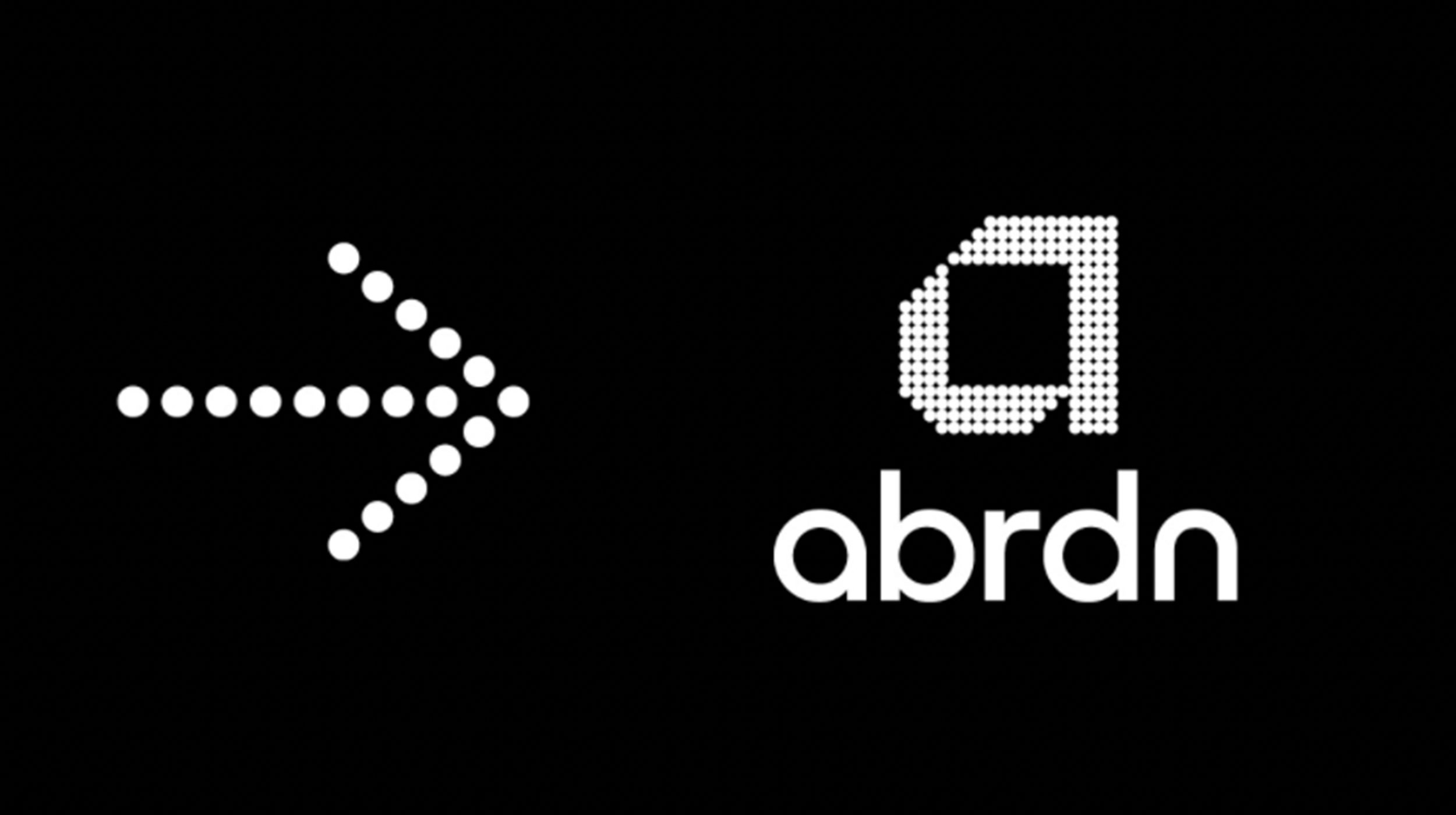Standard Life Aberdeen drops the “e’s” in its name to become ABRDN
No one knows for sure what prompted author Ernest Wright to pen Gadsby, a 50,000-word novel in 1939 without once using the letter “e.” Actually, no one seems to know much at all about the man or his motivations, where he was educated or even whether he was British or American. His Wikipedia entry begins with an odd disclaimer: “The biographical details of his life are unclear.”
What we do know is that it took Wright four-and-a-half months to write Gadsby—possibly in the last year of his life—and that he stayed true to his goal by blacking out the “e” type bar on his typewriter.
It was, to be sure, a remarkable if strange achievement, and now the UK-based asset management company formerly known as Standard Life Aberdeen has duplicated it, sort of. They’ve purged all the e’s from their name, rebranding the company as ABRDN.
“Our new brand is modern, dynamic and, most importantly, engaging for all of our client and customer channels,” says CEO ABRDN Stephen Bird. On first glance it’s also unpronounceable, but the company has clarified that the new name, when spoken, sounds exactly the same as the old one.
Not surprisingly, the makeover took a fair amount of ribbing in the media—not all of it good-natured. “Who Nds th Lttr E?” a Wall Street Journal headline quipped. Financial analyst Laith Khalaf suggested the new name resembled a typo.
Of course, ABRDN isn’t the first company to engage in creative disemvowelment—think Flickr, Grindr, Tumblr and Scribd. Many fintech start-ups have cryptic names, seemingly assembled from random fistfuls of Scrabble tiles.
Yet no matter how carefully thought out and strategically sound, corporate rebrands are almost always greeted with mockery and snark. When Weight Watchers skinnied its name down to WW in 2018, Inc. excoriated it as “the worst possible name you can use in terms of social-media presence, online searches, and anything else slightly techie.”
But companies evolve over time, shedding parts of themselves, adding new ones, and rethinking their core strategies. Smart rebranding—the kind that reflects such changes—can pay off in greater relevance and name recognition, not to mention increased profitability and competitive leverage. Think Google, which came into the world in 1996 as BackRub, or Pepsi, originally Brad’s Drink.
As for ABRDN, it remains to be seen how the firm will fare in the long run as an e-less entity. When music legend Prince scrapped all the letters in his name and replaced them with an unpronounceable “love symbol” in 1993, he acquired the clunky moniker “the artist formerly known as Prince” and sales of his records suffered. But he went back to being Prince in 2000 and his career soared to dazzling new heights. Therein may be a lesson for ABRDN.




